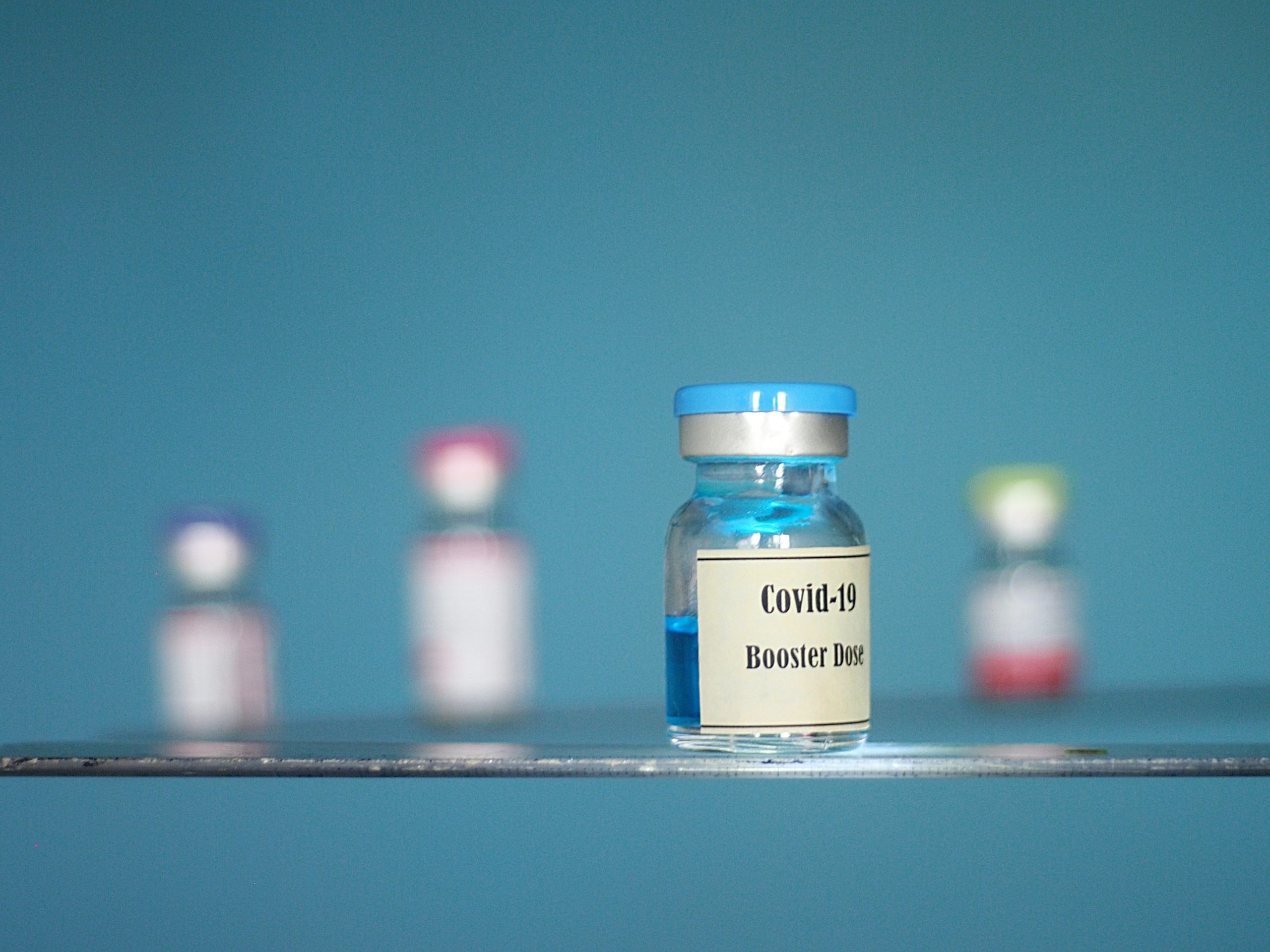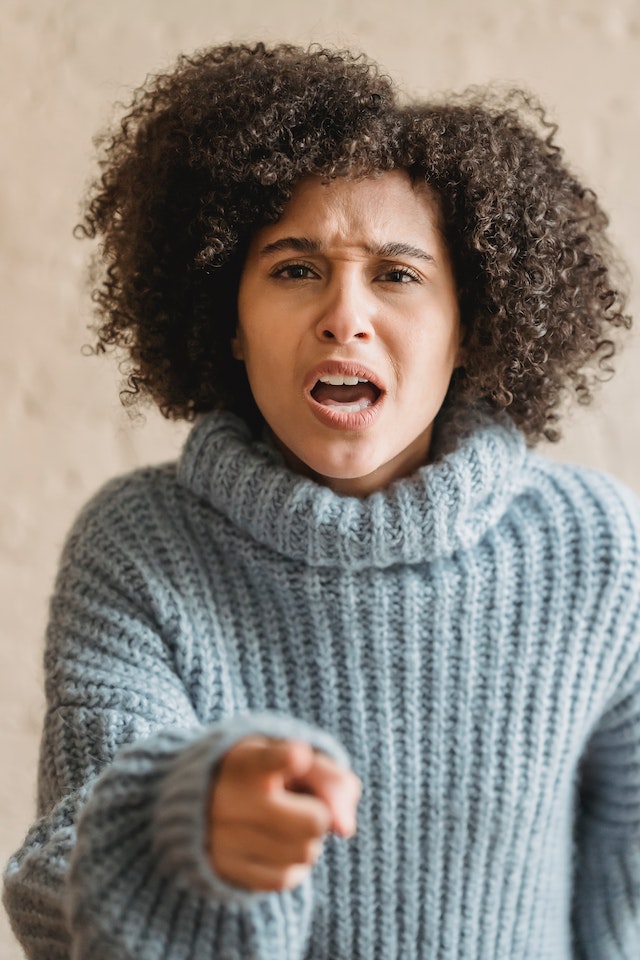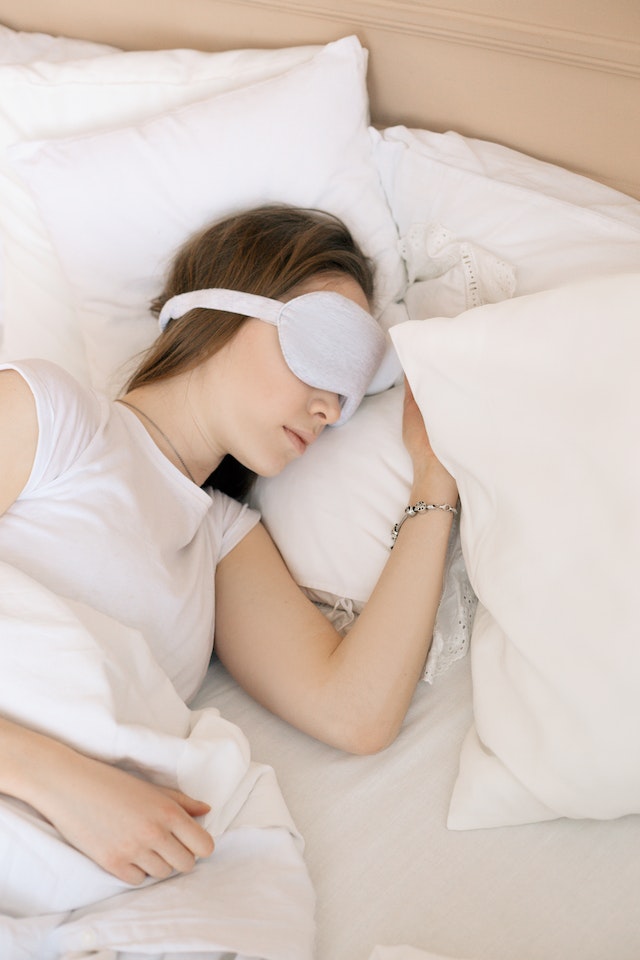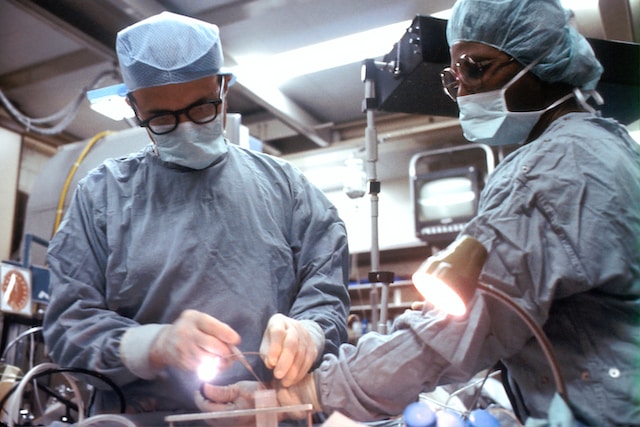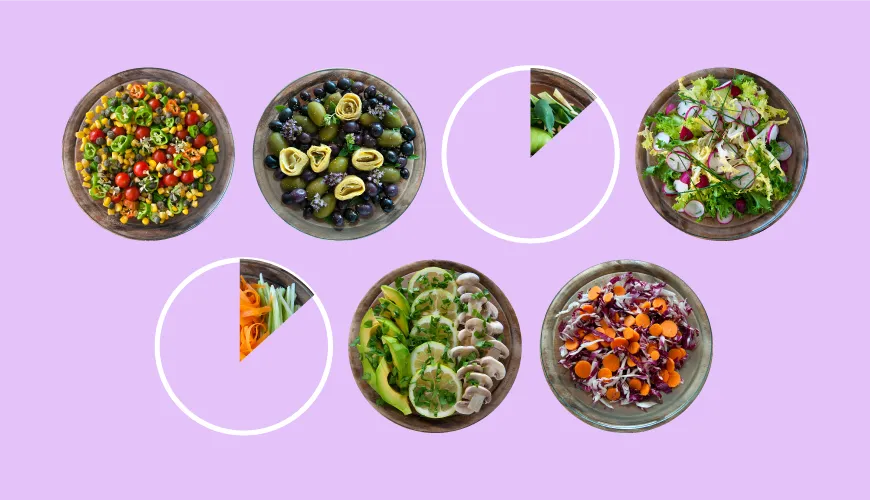The Food and Drug Administration (FDA) has given the green light to a second Covid-19 vaccine booster for certain vulnerable Americans. This decision comes as the country continues to see an increase in Covid-19 cases, particularly among the unvaccinated.
The FDA authorized the additional dose for people who are immunocompromised, including those with cancer, organ transplants, or autoimmune diseases. The booster is meant to be given at least 28 days after the second dose of the Pfizer-BioNTech or Moderna vaccine.
In a statement, Acting FDA Commissioner Janet Woodcock said, “We know that people who are immunocompromised are at greater risk of severe disease and death from Covid-19, and may not build the same level of immunity to two-dose vaccine series compared to people who are not immunocompromised. This third dose of mRNA vaccine for the immunocompromised is intended to help provide them with additional protection.”
The Centers for Disease Control and Prevention (CDC) is expected to provide guidance on the administration of the booster dose in the coming days.
Some experts have raised concerns about the availability and distribution of the booster dose, given the ongoing vaccine shortages in some parts of the world. However, others argue that providing the booster to vulnerable populations is necessary to protect them from severe illness and death.
It’s important to note that the booster is currently only authorized for certain vulnerable populations, and not for the general public. The CDC continues to recommend that all eligible individuals receive their initial two-dose vaccine series as soon as possible.
As the Covid-19 pandemic continues to evolve, it’s crucial that individuals stay informed about the latest updates and guidance from public health officials.






